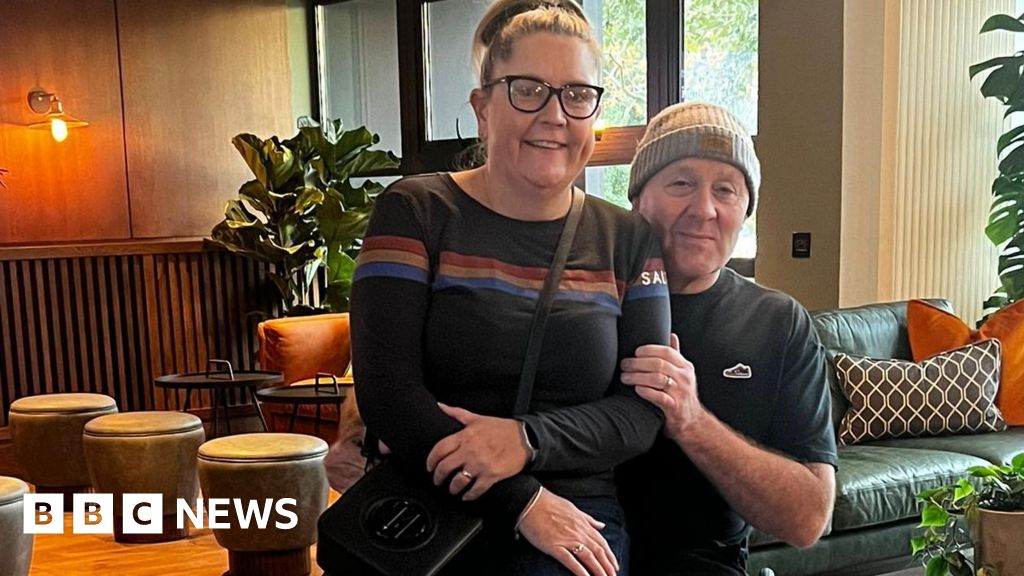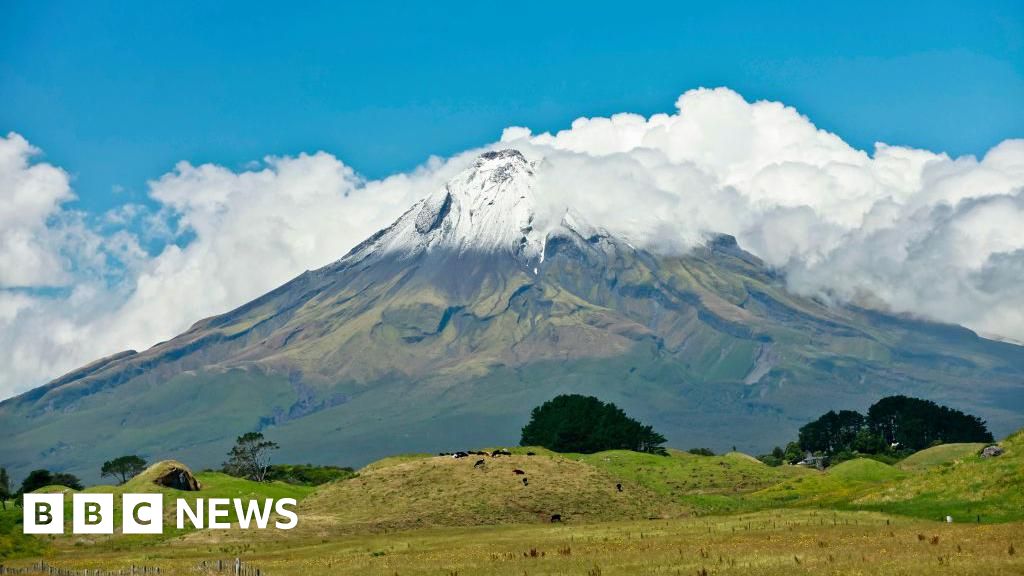Brazilian archer Graziela Santos is an exceptional athlete.
"I am the first Indigenous woman on the Brazilian archery team," she told DW. "This is a historic milestone for all of us."
Santos wants to become the first Indigenous woman ever to compete for Brazil at the Olympic Games. Getting a ticket to Paris would not only be the fulfillment of a personal dream, but also an accolade for a development project in the Amazon that supports young Indigenous athletes.
Graziela Santos was still at school when she first learned about the Sustainable Amazon Foundation (FAS).
"It was a five-hour boat journey from the village where we lived to Manaus. There was only one primary school back then," the Brazilian recalled.
Back then, Santos heard that the FAS was setting up an archery project and was looking for young talents.
"This sport originates from our ancient culture, because we have been using bows and arrows for a long time. But before this project, I didn't even know that archery existed," said Santos.
 Santos and her team will try to claim a ticket to the Olympics at an archery event in TurkeyImage: Tobias Käufer
Santos and her team will try to claim a ticket to the Olympics at an archery event in TurkeyImage: Tobias KäuferNow, at the age of 28, she is a member of her home country's national team and trains at the archery performance center in Marica in the state of Rio de Janeiro. Santos belongs to the Indigenous Karapãna people and comes from the community of Kuana on the Cuieiras River, around 80 kilometers (50 miles) from Manaus. In the Indigenous language, she is called Yaci, which means moon.
Around 1.7 million Indigenous people live in Brazil today, which is about 0.8% of the total population. Her brother Gustavo Santos is also a member of the Brazilian national team.
Great potential among Indigenous athletes
Now, Graziela Santos has the chance to participate in the Olympics for the first time. Her rapid growth comes down to talent, hard work during practice, her coaches and the support of the FAS, which at the time was specifically looking for Indigenous talent.
Whilst using a bow and arrow is deeply engraved in Santos' ancient culture, there are a few differences between traditional use and Olympic archery.
"Of course, there are similarities, but there are also some striking differences," Santos said. "In archery, we have a whole range of equipment, the blades, the strings, the stabilizer and the sight, so we can achieve a better result."
Santos is convinced that there is huge, undiscovered potential among Indigenous people.
"We do everything," she said. "We run, we swim, we shoot with bows and arrows and we hunt and fish. Our motor coordination is great."
According to Santos, that's the reason why Indigenous people from the countryside can master different sports faster than people from the city.
The dream of an own performance center
The next few weeks will decide if her big dream of the Olympics will actually come true. But regardless of the outcome, Graziela, her brother Gustavo and the FAS have already set an example.
Indeed, the FAS looks set to change a generation after FAS activists won money in front of millions of spectators on a Brazilian TV show. The money will be used to fulfill another dream: the construction of a training center for archery in the Amazon region.
 Santos lives and trains in Rio de Janeiro, thousands of kilometers away from her homeImage: Tobias Käufer
Santos lives and trains in Rio de Janeiro, thousands of kilometers away from her homeImage: Tobias Käufer"I am convinced that investing in Indigenous athletes is a successful way forward," Santos said. "We come from villages and communities that are far away from Manaus. We don't have the financial resources to travel to Manaus and live there all year round, pay for the materials and feed ourselves like top athletes."
A performance center in the region would create the opportunity to pass on experiences to other young people locally.
"The construction will lead to the discovery of great talents that we have among our people, and it is important that these young people do not leave their homeland early, but stay close to their families," said Santos. "More top athletes representing Indigenous people will come through."
Role model for other Indigenous people
The main focus, however, remains on Olympic qualification. The last opportunity to claim a spot will be at the qualifier in Antalya, Turkey in June.
"As a team, we have to make it to the final four," Santos said. "Our preparation is intense and we are taking part in international competitions. Those events are very important for us to deal with the pressure and improve more and more."
Graziela Santos feels like a pioneer and a role model for other Indigenous women. "My example shows that we deserve to be here," she said. "We can choose our goals and prove that we will achieve them one day."
This text was originally written in German.

 8 months ago
30
8 months ago
30






